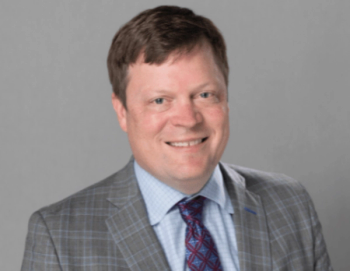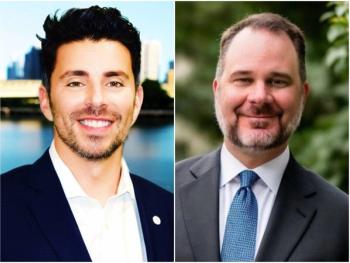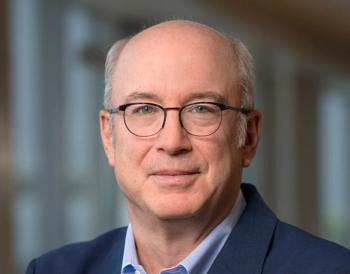
Northwell Health CEO Michael Dowling leads effort to reduce gun violence: ‘We can make a difference’
He’s formed a task force on gun violence. He talks with Chief Healthcare Executive about the effort and getting more leaders to join him.
Michael Dowling recalls the early days of trying to get other healthcare leaders to join him in efforts to reduce gun violence.
“When I started out, quite honestly, I couldn't get anybody to participate, because everybody was scared,” he says.
Dowling, the president and CEO of Northwell Health, says more leaders are stepping up, especially as they’ve seen more victims, including children, ending up in their emergency departments.
Dowling has made reducing gun violence a high priority. Northwell hosted
In a recent interview with Chief Healthcare Executive®, Dowling talks about the increased willingness of other gun leaders to speak out against gun violence and to work to make communities safer.
“I see massive progress,” Dowling says. “We have people who once told me that they would never be involved and now signed on to be involved. And so that's progress. Now, it hasn't changed the degree to which there is gun violence. But I do believe over time, we can make a difference.”
- Read more:
Northwell Health CEO Michael Dowling: ‘Leadership is about building hope’ | Lessons for Leaders
(See part of our conversation with Michael Dowling in this video. The story continues below.)
An issue of equity
Dowling views gun violence as more than a public health threat. He says it’s an issue of health equity.
“Many of the communities that are most harmed by the whole gun violence issue, and many of the minority communities, many communities with the most difficulties,” he says.
Five years ago, Dowling says other healthcare leaders viewed speaking out against gun violence as essentially “the third rail”: Touch it and die. Some healthcare leaders told Dowling they agreed with him but it was too difficult to take on gun control in such a charged political environment, or given the sensibilities of their own communities or some board members.
Now, he says there’s a growing resolve to take action as more people are injured or killed in gun violence. The CEO task force has held a few virtual meetings, and Dowling says the group aims to launch a major awareness campaign on prevention and safety.
Recently, Dowling says he’s focused less on politics and more on the threat to public health.“By arguing that it's a public health issue, we're getting more traction,” he says. “I stay away from the Second Amendment.”
Dowling talks about the physical and mental trauma of gun violence for victims, as well as the trauma in communities where shootings are all too common.
He noted there were 4,357 gun deaths involving children in the U.S. in 2020, far more than other countries such as the United Kingdom (15) and Germany (13).
“This is not how the United States should be distinctive,” Dowling says.
‘In their own emergency rooms’
Dowling says the rising number of children who are wounded or killed by guns has swayed more healthcare leaders to come forward and speak out, even if they had previously been reluctant.
“They're all seeing it in their own emergency rooms, they're seeing it in their own facilities,” Dowling says. “That has the biggest effect.”
“If you care about kids' health, you have to care about the leading cause of death for kids,” he adds. “We worry about cancer for kids. We worry about asthma for kids. But guns surpass all of them in terms of the damage it does.”
At the gun violence forum, healthcare leaders talked about the need for more data to understand the scope of the problem and identify some solutions. They also stressed the need for awareness campaigns to encourage gun owners to store their firearms safely.
Dowling says he views the effort to reduce gun deaths as one that will take years, similar to efforts to make cars safer with seat belts and airbags.
“This is a long-term effort,” Dowling says. “This is not something that you'll see the results of immediately.
“It requires changes in policy, increasing advocacy, getting Congress and our political leaders to look at things anew,” he adds.
But as a healthcare leader, Dowling says he views reducing gun violence as his responsibility, and he also says it’s the responsibility of other health system leaders.
“Every CEO who is the head of any organization, in my view, has to be involved with this,” he says.































